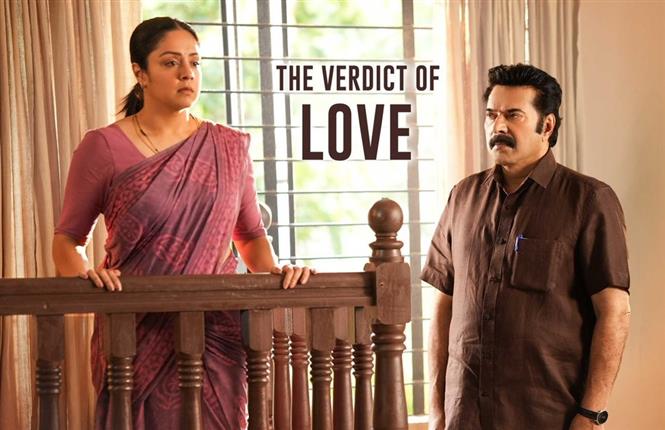When Indian Aces was launched in 2014 as a Facebook group, not many in India was aware of the term, ‘asexual’. For a society deeply rooted in the concept of a family, this sexual orientation and its nuances were difficult to understand.
That scenario has changed, but not enough as asexuality continues to be less visible than other segments of the LGBTQIA+ spectrum. The representation of gay and bisexual people in workspaces, political and cultural spaces, movies and fashion, among others, has gone up considerably but the depiction of asexual people in mainstream media is always fleeting.
“It is mainly because asexuality is very private. What makes aces (people who identify as asexual) different is not visual, they cannot be differentiated by looks or mannerisms. Similarly, the movement for asexuals too has been on the sidelines for years; still we are doing much better compared to other countries,’’ says Dr Pragati Singh, social entrepreneur, changemaker and founder of Indian Aces.
Growing from its humble beginnings, Indian Aces has become a full-fledged movement that has redefined the way asexuality and non-sexuality are viewed and related to in the country.
On April 6, which marks International Asexuality Day, Indian Aces will celebrate its 10th anniversary by organising an in-person event in collaboration with the New Delhi LGBTQIA+ Center by The Naz India Foundation.

Dr Pragati Singh
An expert panel discussion on asexuality’s unique intersections, open mic and a variety of games are planned to mark this day that is considered a landmark in the sexual identity scene in India.
Working towards creating a more inclusive and accepting space for everyone who identifies as asexual, and appreciating their individual characteristics and struggles, Indian Aces has played a key role in building awareness and helping people find acceptance in homes and the society. It regularly organises ‘Platonicity’, its flagship ‘’speed-dating like meetup, a casual fun party for all to make nonsexual and/or non-romantic connections.’’
Though social stigma and marginalisation are relatively less for aces, the problems they face because of their sexual orientation aren’t any lesser than what other members of the queer community must deal with.
“I heard the word for the first time after my marriage when I went for psychiatric help. My husband blamed me for the lack of spark in our life, and finally we separated,’’ says Aarathi, a Chennai-based engineer who feels there should be more public dialogues and initiatives to address the gap in awareness.
A study titled ‘Exploring the Psycho-social Experiences of Asexuals in India’, done by Nayonika Chatterjee and Rastogi of the Department of Psychology, Christ University, New Delhi, and published in Sage Journals in January 2024, points out that “the limited evidence to support any claims about asexuality also functions as a hurdle for asexuals to fight the misconceptions and myths surrounding them.’’
As far as asexuals are concerned, one of the biggest pain points In India is the society’s focus on marriage and marital life. It is difficult for many families to understand that their daughters or sons are not looking for a partner. For girls, with the pressure on getting married comes the inevitable threat of marital rape. And, like in the case of other members of the queer community, they are subject to abuse, domestic violence, corrective rape and conversion therapy.
“Our crucial challenge is to get marital rape criminalised,’’ says Dr Pragati Singh who has travelled across India, working to create more awareness about asexuality.
However, the access to credible and comprehensive information on matters related to asexuality has increased with more vibrant conversations on social media. Sharing live experiences and engaging in lively interactions, the community has built a space which was absent till a couple of years ago.
Observing April 6 as Asexuality Day is designed to take this camaraderie to the next level – create a community to educate oneself, celebrate one’s identity, and advocate for others in the same spectrum.
Who is an asexual?
Asexuality refers to a sexual orientation where a person is not sexually attracted or sexually desirous to another person. However, asexuals may still desire romantic relationships and develop emotional bonds. Asexuality is a wide spectrum that varies with sexual orientation and romantic orientation on individual asexuals. It does not equate to celibacy, which relates to a lifestyle abstinence from sexual relations. Asexuality is real and does not have any association with any disease or stage. Asexuals might identify with other labels, such as aromantic, demisexual, or at times gray-asexual, reflecting their personal experiences. And they may or may not have a sexual partnership with various partners.



